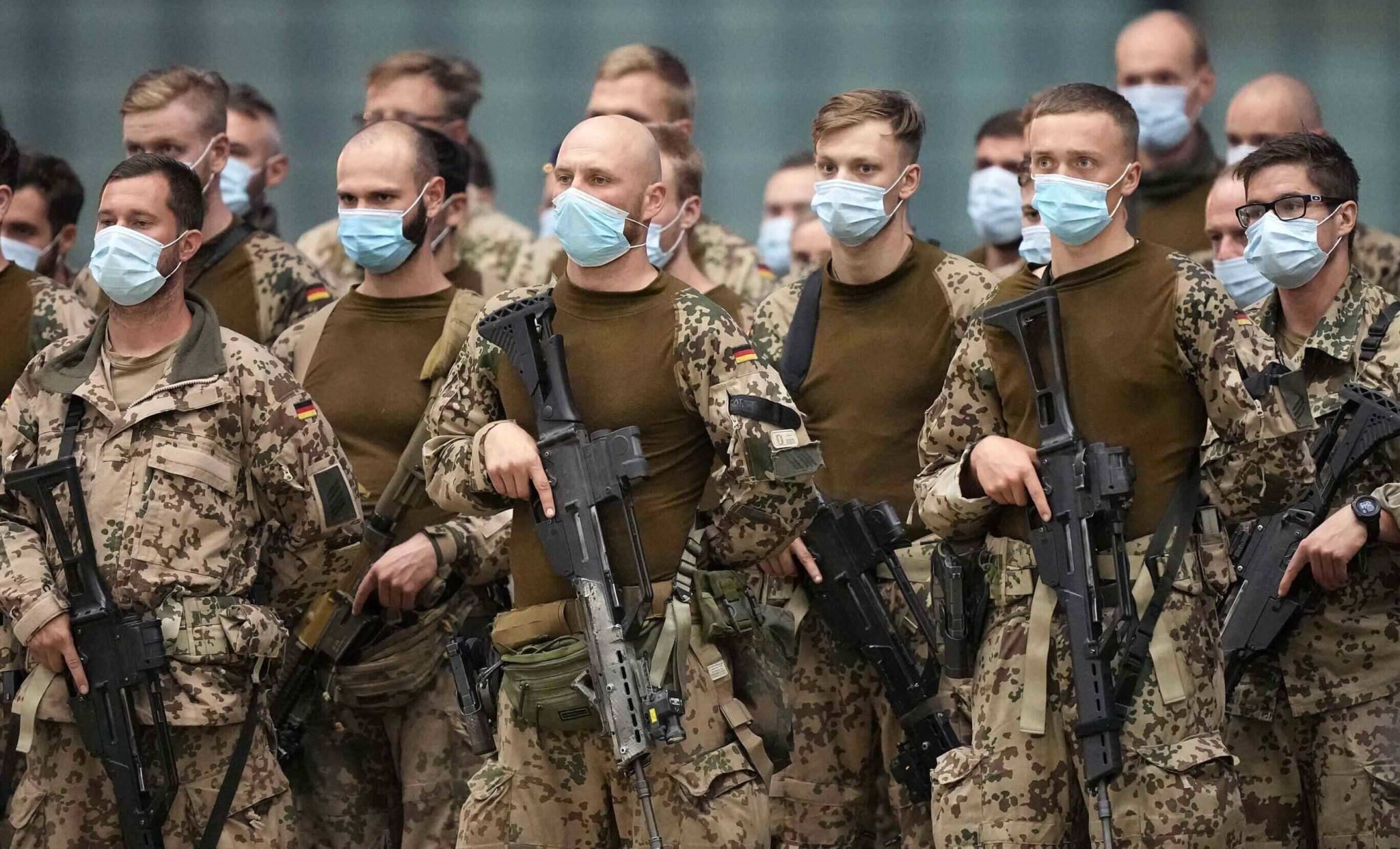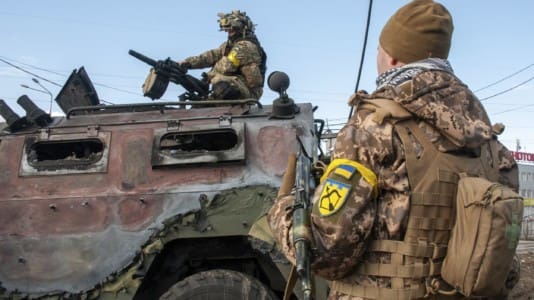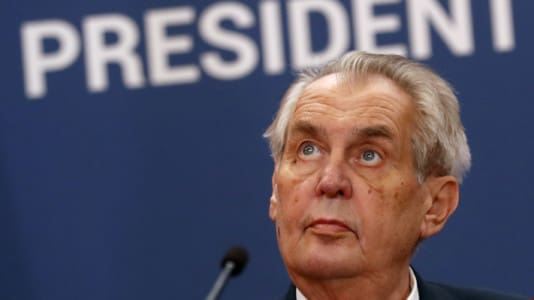Germany’s Finance Minister Christian Lindner (FDP) has called for targeted strengthening of the Bundeswehr. Referring to the war in Ukraine, he said on Monday in ARD’s “Morgenmagazin” that he was in favor of building up one of the most capable, powerful, and best-equipped armies in Europe over the course of this decade.
This goal corresponds with the responsibility of Germany in Europe, he said. The FDP has been in favor of strengthening the Bundeswehr for many years, Junge Freiheit reported.
Lindner said that German politicians must learn “that defending the alliance is also a political priority.” He criticized that for years, Germany has been failing to meet the NATO goal of investing two percent of GDP into defense.

On Sunday, Chancellor Olaf Scholz (SPD) announced financial support of more than €100 billion to the German military. The military package must now be secured in the Basic Law, which is the German constitution, so that it cannot be misused or reduced if the parliamentary majority changes, Lindner explained.
The CDU member of the Bundestag and retired colonel Roderich Kiesewetter praised the decision to make targeted investments in the Bundeswehr. He noted that priorities must be set before the money is used.
Commenting on the announcement of Russian President Vladimir Putin to put the nuclear forces on alert, Kiesewetter considers this to be a part of his “war propaganda.” However, he advises prudence.
Resistance to military spending still exists
Not everyone is supportive of the new government’s plans to radically boost military spending. Germany has long been reluctant to devote substantial sums to military spending due to the strong pacifist movement in the country and reluctance to build up a formidable military following the Second World War. The Green Party, in particular, had its roots in the anti-war movement, but the party is noted for authorizing troop deployments to Afghanistan following the 9/11 attacks.
Now, the co-leader of the Green Party, Robert Habeck, has said, “I respect pacificism, but I think it is wrong,”
However, the Green Youth branch of the Green Party is emphasizing it remains opposed to the build up of the German military. They argue that the decision on the aid package for the Bundeswehr was made without any political or public debate.
“The supposed need for investment stems from a particular mismanagement and bad planning, not from a lack of a budget,” said the head of the youth organization, Timon Dzienus, to the DPA news agency.
Will compulsory military service return?
The Christian Democratic Union in Lower Saxony has meanwhile suggested a return to conscription.
“To make the Bundeswehr fit for the future, general compulsory military service with the possibility of conscription must be gradually reintroduced,” demanded state party leader Bernd Althusmann.
In particular, the armored combat troops would have to be significantly expanded and reactivated.
“As the escalation of the Ukraine conflict clearly shows, Russia is redefining its role as a great power. The Russian armed forces have significantly gained in clout and efficiency,” the party’s position paper states, adding that Moscow is also constantly testing NATO’s ability to react and its will to defend itself.
Defense Minister Christine Lambrecht (SPD) currently rejects the reintroduction of conscription as such a step means a major reform, in which legal issues also need to be clarified.
Conscription for German men has been suspended since 2011.






